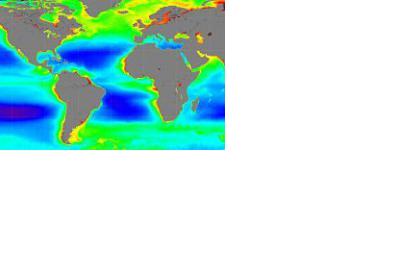NASA has scheduled to launch in 2022 a new satellite mission that will extend critical climate measurements of Earth’s oceans and atmosphere and advance studies of the impact of environmental changes on ocean health, fisheries and the carbon cycle.
The Pre-Aerosol Clouds and ocean Ecosystem (PACE) mission will study Earth’s aquatic ecology and chemistry, and address the uncertainty in our understanding of how clouds and small airborne particles called aerosols affect Earth’s climate. This PACE sensor will allow scientists to see the colours of the ocean, from the ultraviolet to near infrared, and obtain more accurate measurements of biological and chemical ocean properties, such as phytoplankton biomass and the composition of phytoplankton communities.
In addition to gathering data on ocean colour, PACE will measure clouds and tiny airborne particles like dust, smoke and aerosols in the atmosphere to supplement measurements from existing NASA satellite missions.
PACE will be managed by NASA's Goddard Space Flight Center in Greenbelt, Maryland.
“Knowing more about global phytoplankton community composition will help us understand how living marine resources respond to a changing climate,” said Jeremy Werdell, PACE project scientist at Goddard. “With PACE, we will learn more about the role of marine phytoplankton in the global carbon cycle.”

